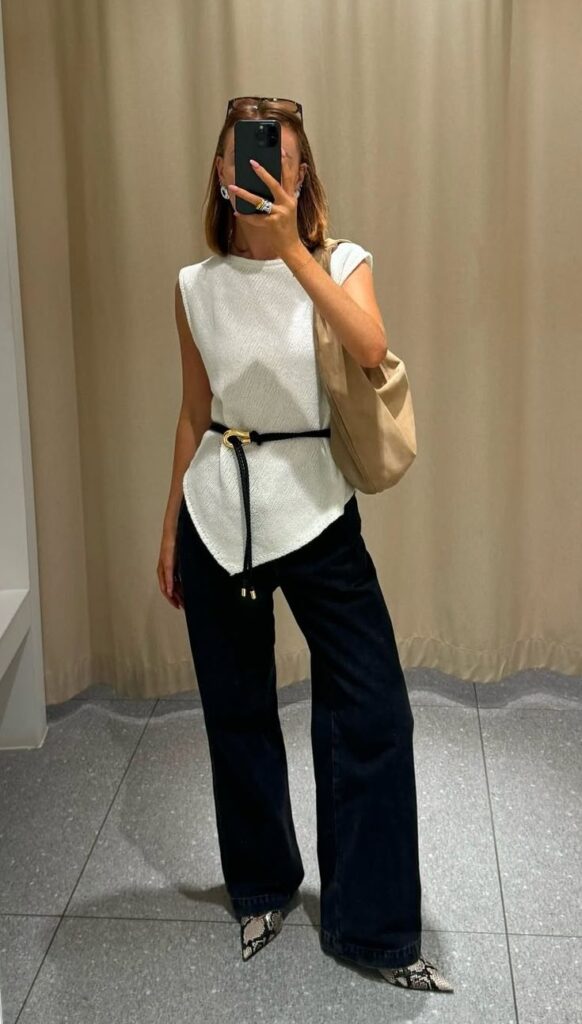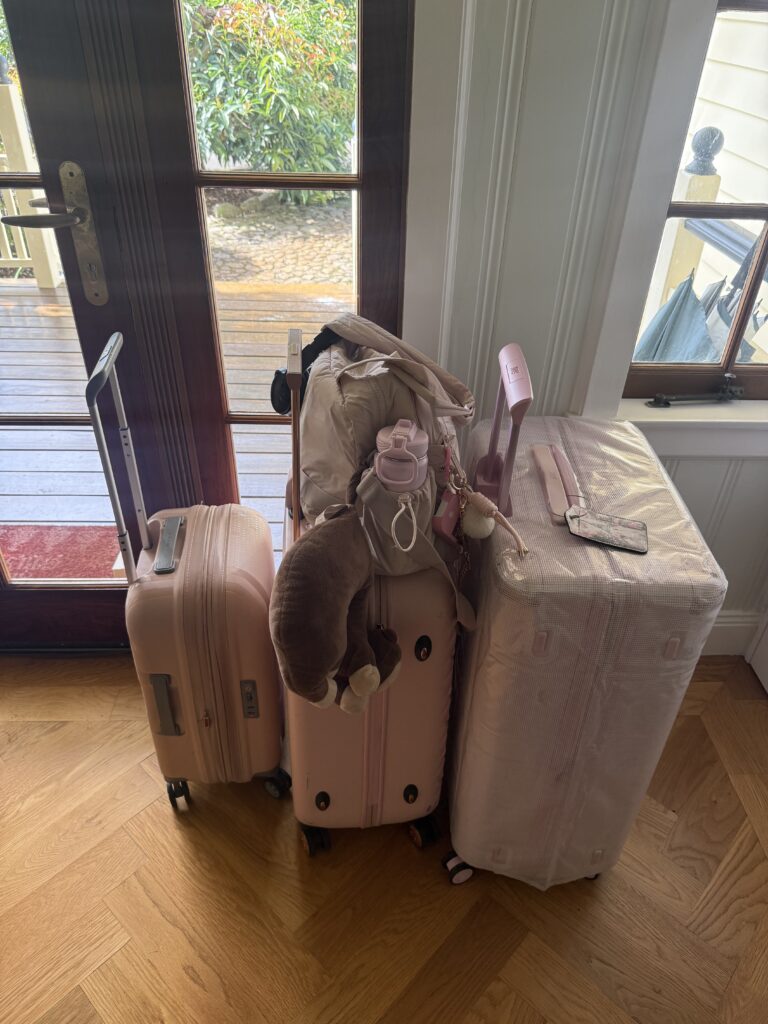We’ve all heard of ‘hot girl summer’ by now, but what happens in the dating world when the weather gets colder? While it might be feeling frosty outside, your dating life doesn’t need to freeze over as soon as the mercury drops. In fact, winter is arguably one of the best times for young singles looking to couple up.
There’s just something about the long nights and chilly air that leave singles longing for someone to batten down the hatches with – albeit temporarily. It’s a dating trend that has been doing the rounds on social media since the early 2010s, being playfully dubbed ‘cuffing season’. So why do we feel the sudden urge to couple up as the seasons change? Here’s everything you need to know about cuffing season, and how to keep things chill with your next winter romance.
The Seasonality of Dating
Believe it or not, the weather can be one of the biggest meddlers in our love lives. The dating world tends to change with the seasons, bringing about shifts in our desires and expectations for romance. In the warmer seasons, getting that sweet vitamin D is more likely to boost our energy levels and make us feel more inclined to pursue fun and spontaneous relationships. When the leaves start to fall, however, the drop in our energy levels leaves us wanting to stay inside and cuddle up with a steady romance.
Cuffing season, which is a play on being ‘handcuffed’ to a significant other, has certainly cemented its place in the pop culture vocabulary of the last few years. Beginning in autumn and ending with the turn of spring, cuffing season is the phenomenon that happens in the cooler months when your social media feed is suddenly filled with people coupling up in exclusive, monogamous relationships. It’s a temporary fix to the winter blues, with most people approaching cuffing season with the expectation of forming a short-term relationship to get them through the cold nights. Some internet users have even confessed to going as far as having a plan to ‘break the cuffs’ in time for the summer again.
The Psychology Behind Cuffing Season
While modern trends might take it to the extreme at times, cuffing season is surprisingly explainable. According to MTV, clinical psychologist Dr Wendy Walsh theorised that this dating trend harks back to our anthropological past. It’s a classic tale of ‘survival of the fittest’, and it’s actually what drives humans to feel the urge to find a romantic partner in the winter. According to Charles Darwin’s theory of natural selection, those who spent the frigid winters alone were less likely to survive and pass down their genes to the next generation. If you coupled up, however, fear not! Having a partner to snuggle up with meant you were more likely to survive the colder months and live on, eventually passing your survivalist genes on to your children. While hot chocolate and indoor heating might negate the need for coupling up for survival purposes today, it seems our human instincts are still alive and well.
Pros of Cuffing Season
1. Lower Stress and Commitment
While it’s not as completely carefree as a summer fling, getting cuffed to a winter beau is still a relatively stress-free alternative to getting hitched for life. Coupling up with someone during cuffing season still offers the security and exclusivity of a monogamous relationship, but banishes the expectation of long-term commitment. If you’re feeling in need of a winter romance but don’t have everlasting love on your mind, cuffing season might be right for you.
2. Banish the Winter Blues
There’s nothing else that inspires loneliness quite like spending the dark and gloomy days inside and alone. But, as they say, a problem shared is a problem halved! Pairing up for the colder months can be a great way to fill those lonely days and nights, and reignite that spark in your life.
3. Seasonal activities
Winter activities are boring – said no romcom ever! The best part about coupling up in cuffing season is that you now have a dedicated companion for seasonal activities. Take a leaf out of any winter romance ever made and make the most out of the season by trying everything from ice skating to cosying up by the bonfire with some marshmallows to roast.
Cons of Cuffing Seasons
1. Mismatched Expectations
Be warned – a successful cuffing season hinges on mutual understanding. Entering a partnership during cuffing season without both partners outlaying their expectations for the relationship is asking for trouble. If one side secretly hopes to transform a temporary connection into a serious relationship, it can result in misunderstandings and hurt feelings as the season turns.
2. Pressure to Settle
With cuffing season becoming such a popular sentiment among young people, there can be pressure to rush into a romance. If cuffing season feels like you’re racing against the calendar to secure a partner, this is most likely a sign that you’ll end up settling. This can lead to forcing connections that don’t feel genuine or emotionally fulfilling, which will put a real dampener on your winter.
3. Reliance on a Quick Fix
Trust us when we say cuffing someone for the wintertime won’t fix your problems! Relying upon a short-term relationship to boost your mood is a dangerous game, especially with the temporary nature of getting cuffed. Remember to focus on things that bring you joy outside of your relationship too!
3 Signs Your Winter Romance Won’t Survive the Summer
Getting cuffed for the winter might not be everyone’s cup of tea – and that’s okay! If you’ve recently gotten into a relationship and you’re in it for the long haul, it’s normal to be concerned about becoming a victim of cuffing season. Here are our top three warning signs that your romance might not last as long as you hope.
1. Refusal to Make Plans for the Future
If your winter romance shuts down every time you talk about the future, it’s unlikely that they are planning to be in it. Avoiding discussions about life beyond winter is a telltale sign that your partner isn’t fully invested in you, and might be planning to cut and run once summer rounds the corner.
2. Prefers to Keep Things Lowkey
Sure, most of us quite like to stay in during winter. If your partner never wants to leave the house though, this could be their way of avoiding integrating you into their life outside of your four walls. Remember that in today’s world this also extends to their digital life, and refusing to acknowledge your existence on their social media could be yet another red flag.
3. Pulling Away as Summer Nears
As the weather warms and cuffing season draws to a close, your partner starting to pull away from you could indicate their intentions. Whether it’s the physical or emotional distance they’re putting between you, this could be a sign that they’re feeling ready to move on once the seasonal allure fades.
Learn more about cuffing season here.
Read more of our Thought-Provoking Articles here.
Image from Pexels.





